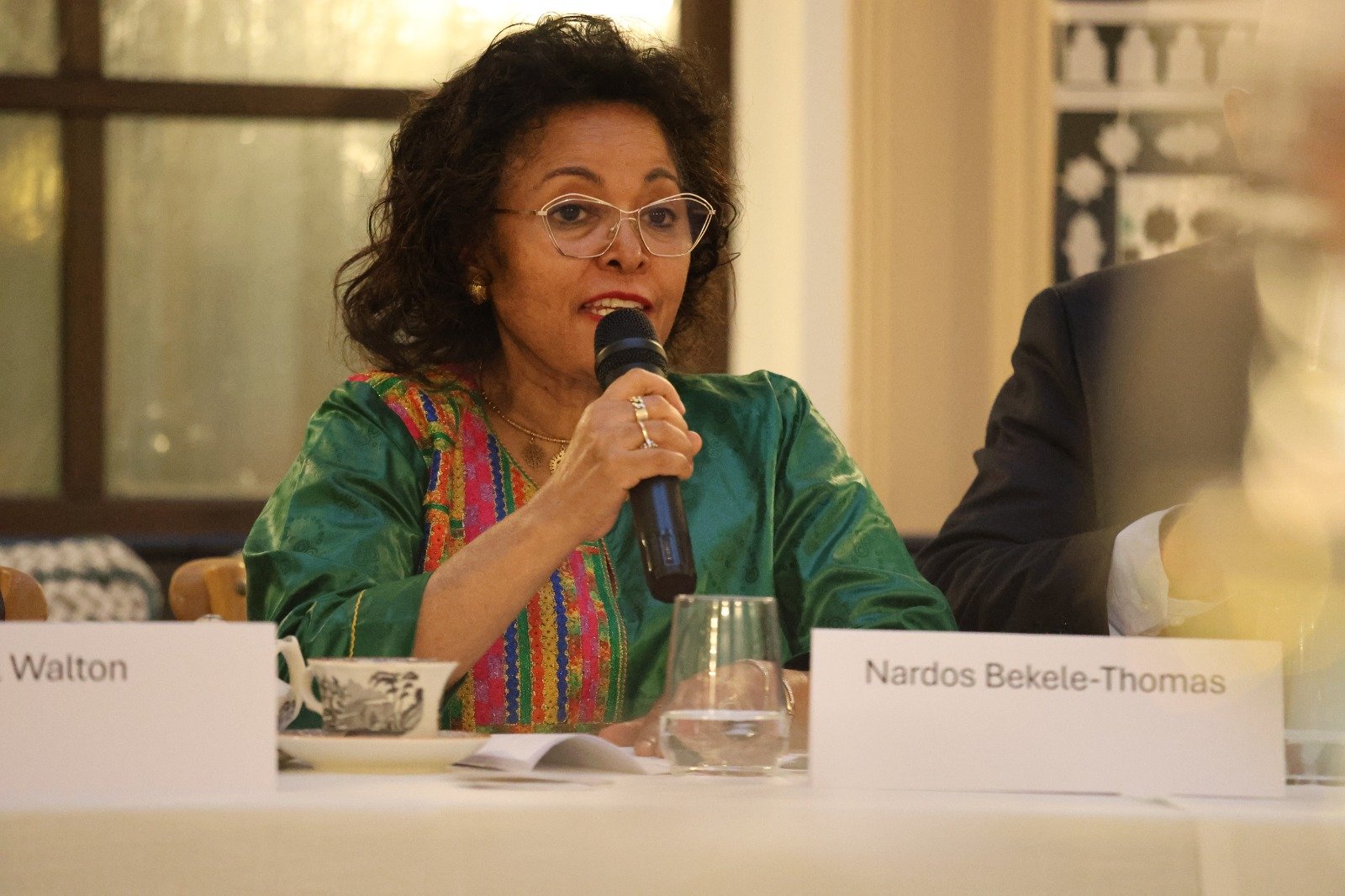
This article was produced with the support of AUDA NEPAD
At the Fourth International Conference on Financing for Development (FfD4), the Chief Executive Officer of the African Union Development Agency (AUDA-NEPAD), Nardos Bekele-Thomas, called for a radical rethink of global development cooperation—and with it, a fundamental reappraisal of how progress is measured.
Speaking during the high-level side event, “New Approaches for a Renewed International Cooperation: Coalition of the Willing on Beyond GDP,” Bekele-Thomas argued that the time had come to move past conventional growth indicators like Gross Domestic Product (GDP), and towards more holistic metrics grounded in dignity, sustainability and shared prosperity.
Rewriting the development rulebook
Placing the Beyond GDP agenda at the core of Africa’s continental priorities, Bekele-Thomas acknowledged the value of historic growth models but argued that traditional indicators like Gross Domestic Product (GDP) fail to capture the full story of African societies. In particular, they overlook the value embedded in informal economies, community networks and indigenous knowledge systems.
“The old models no longer serve. GDP alone cannot define the richness of our societies or the aspirations of our people,” she said. “The Beyond GDP agenda does not reject the past—it demands that we build forward with humility and courage.”
Her remarks aligned closely with Africa’s own continental blueprint—Agenda 2063—which prioritises inclusive growth, environmental sustainability and human development over conventional economic metrics.
Africa as a laboratory for new indicators
Bekele-Thomas highlighted regional innovation, citing several African nations that are already pioneering post-GDP development strategies. Botswana, for example, is trialling the Genuine Progress Indicator (GPI), which integrates economic, social and environmental dimensions—including income inequality and public sentiment—into national accounts. South Africa’s National Development Plan 2030 employs multidimensional metrics focused on health, education and inequality, while Statistics South Africa increasingly prioritises quality-of-life indicators. Rwanda’s Imihigo system tracks governance and human development beyond monetary terms, and Nigeria has broadened its statistical systems to encompass multidimensional poverty and regional disparities. Meanwhile, Mauritius continues to serve as a continental benchmark, blending human development metrics with strategic investments in innovation and social protection.
These examples, she noted, demonstrate a rising consensus across Africa—a collective refusal to be confined by outdated developmental orthodoxies.
From colonial legacies to African solutions
Bekele-Thomas was unequivocal in her critique of the current donor-recipient framework, arguing that it too often mirrors colonial power dynamics and economic lenses that fail to capture the lived realities of African nations.
“Africa has lived through the limitations of GDP-centred development—from structural adjustment programmes to the undervaluing of communal systems,” she said. “But these gaps present a new frontier for African leadership.”
The call was not only for new measurement tools but for a deeper shift in mindset—one in which African societies define value on their own terms.
Regional leadership and continental resolve
AUDA-NEPAD, in concert with partner institutions such as the African Union and the African Development Bank, is working to institutionalise more inclusive development metrics. From the AU’s emphasis on people-centred development in Agenda 2063, to the AfDB’s integration of inequality and resilience into its flagship economic outlooks, the groundwork for a broader paradigm shift is already being laid.
Independent research platforms such as Afrobarometer also play a vital role, offering policymakers insights into citizen perception and well-being, and reinforcing the need to elevate lived experience alongside economic performance.
Youth and the coalition of the willing
As the Coalition of the Willing on Beyond GDP gathers global momentum, Bekele-Thomas underscored both the strategic advantage and moral imperative of African leadership—particularly given the continent’s demographic dynamics.
“With 60 percent of Africa’s population under 25, we carry not just potential, but responsibility,” she said. “We must drive metrics that reflect what truly matters: human capability, cohesion, sustainability and inclusion.”
She challenged coalition members to move from dialogue to co-creation—collaboratively designing indicators that reflect global diversity and shared values, rather than imposing universal standards with narrow roots.
A moment of reckoning—and opportunity
Bekele-Thomas did not downplay the challenges. Many African countries face funding constraints, institutional misalignment and data capacity gaps. Yet she framed the pursuit of Beyond GDP as both a moral and strategic imperative.
“This is not a rejection of growth—but a redefinition of progress. It forces us to ask: What do we value? What are we building towards? And who gets to decide?”
Her closing message was a call for unity, urgency and ambition.
“Let Seville mark the moment where Africa’s voice reshaped the global agenda. Where we shifted from extractive metrics to transformative measures. Where development meant dignity—and data served the people.”
This, she concluded, is the Africa We Want.

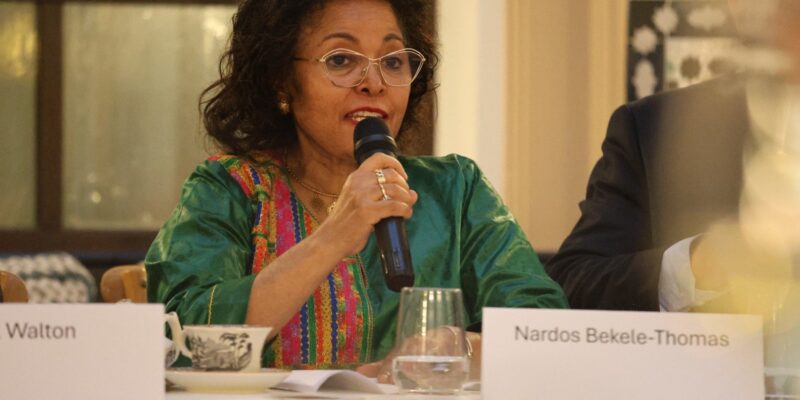
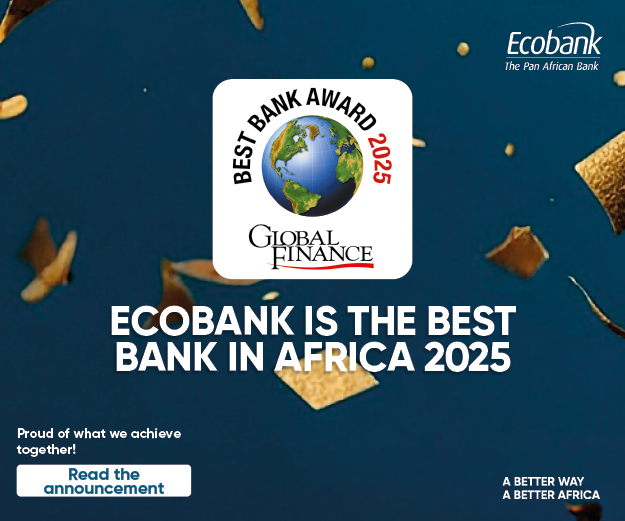
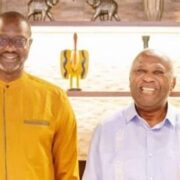



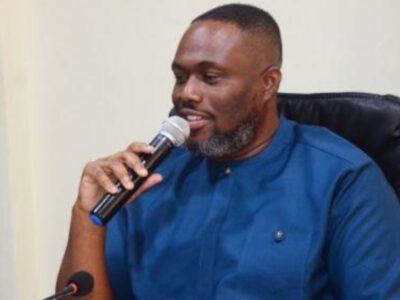




Comments